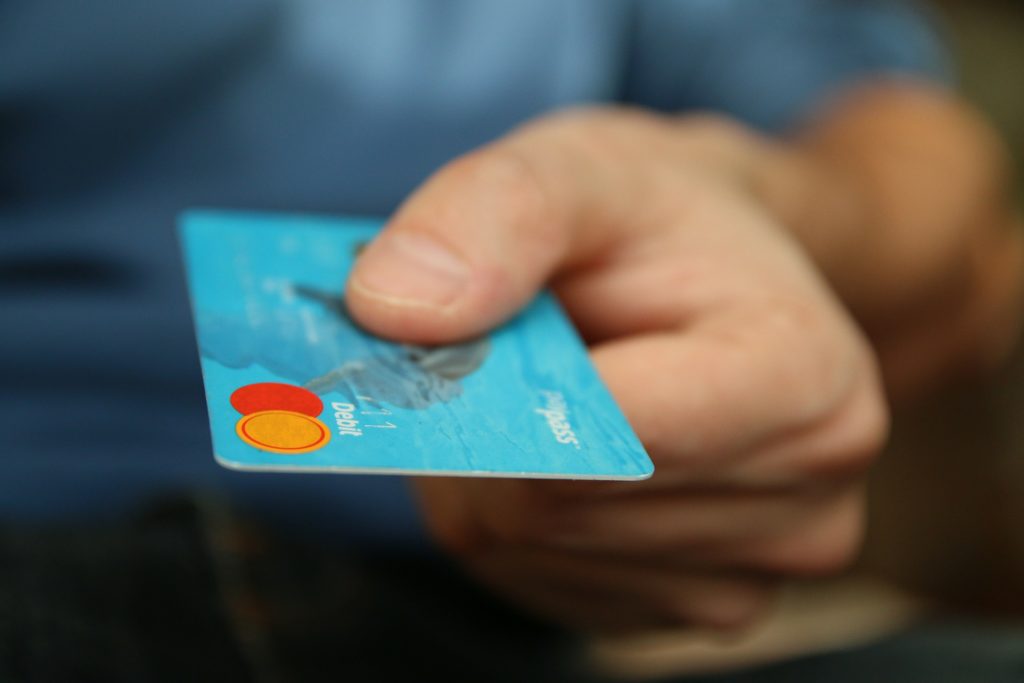
https://www.youtube.com/watch?v=B0zTc-TITdA
Where’d All My Money Go?
Do you find yourself looking at your bill at the end of the month wondering what happened? Where did all the money go? You start looking through the purchases for fraud only to realize you made every purchase. It doesn’t make sense, you know you make a good amount of money but it never seems to go that far! Today we’ll cover a way to frame purchases to help make sure you’re only buying important objects.
Before I buy luxuries, I’m in the habit of asking how myself long it took to earn that much money. Then I ask how much I’ll get out of the experience or object. If I’m making $10 an hour and an item costs $100, I’d ask myself is this worth 10 hours of work? Will I get at least that much enjoyment out of it? This framework puts purchases into perspective, fast. A lot of things aren’t worth the time investment it took to make the money.
Make More Per Hour? Things Cost Less Time.
As you make more money, the guidelines loosen up. Is going out to dinner worth 10 minutes of work? I would think so most of the time, others might not. It’s all about figuring out what means the most to you. Every time you spend money, you’re using your time. You can’t get your time back.
Everyone has different preferences, don’t feel pressured to have to act a certain way. Also, don’t feel guilty if you buy something that genuinely brings you value. This isn’t about limiting yourself and cutting everything out, it’s about deciding what provides the most value for you.
Opportunity cost of every purchase.
We want to minimize the money we spend on useless items because each dollar has an opportunity cost attached to it. Each dollar could have been spent on something else. Since the vast majority of us have to work for money, using your time as a comparison can help illuminate what is most valuable and keep spending in check. For many, it helps avoid common spending pitfalls.
Another way to do this is to tally up what you spend for a longer period of time. That cup of coffee might seem worth a few minutes of work in the morning, but across the span of a month is it worth an entire day of work? Using this longer range vision can again help put things into perspective in a different way, however for some it’s a bit too abstract. No worries, just another tool!
Another tool for your arsenal.
I’m also not saying to never buy anything again. Of course buy things you want and that bring joy to your life! This is just a framework for evaluating the worth of what you buy. If you find this exercise to be more stressful than it is helpful, stop doing it! The goal is to get the most out of your money so you can be happy, not to constrain yourself to the point of despair. Give it a shot and see if it helps.
Exercise:
- Think of the last 3 things you bought, how long did you have to work to get them?
- Evaluate each object, was it worth it?
- Are you buying anything regularly which is money better spent elsewhere?
